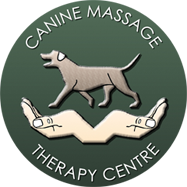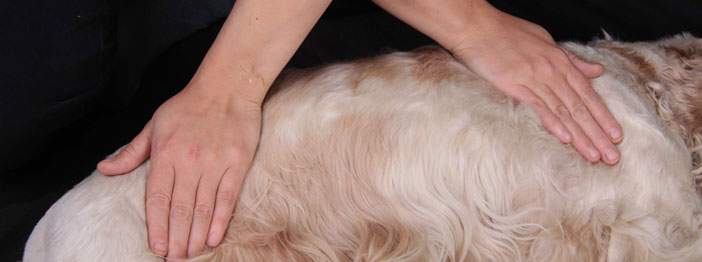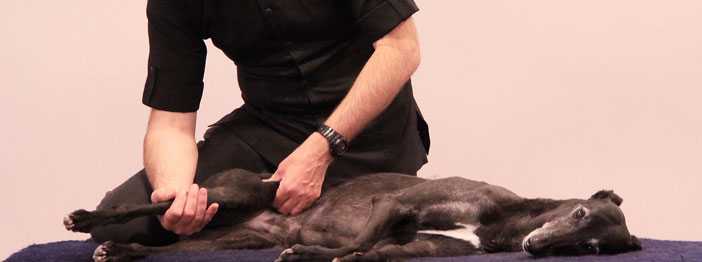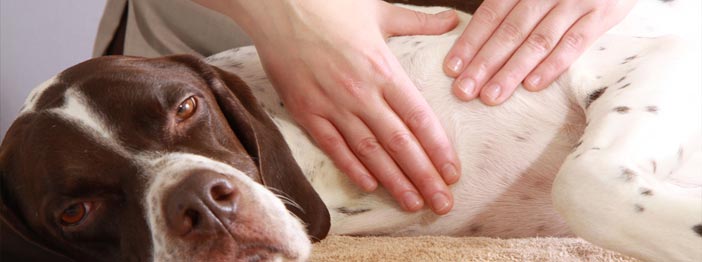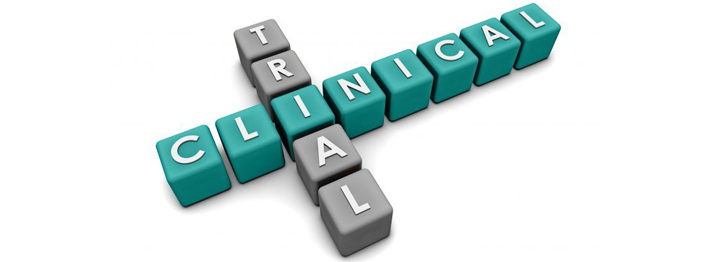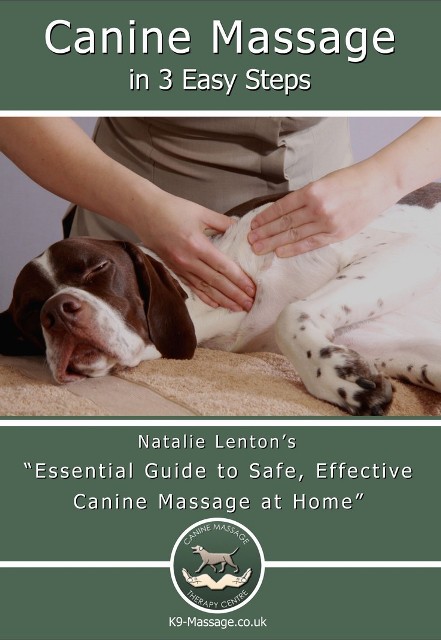The track life of a dog is one which is often marred by injury, over exertion, strains, sprains and pain. Many ex racers have scar tissue in specific muscles due to repetitive strain injury, incidents, or acute trauma either from the track or training.
If you are looking for a way to have your Greyhound assessed for old or latent muscular injuries to help you, the owner, gain a better picture of where they may be hurting, why they don’t like being handled in a certain way or why they have episodes of lameness then canine massage therapy should be any Greyhound owner’s first port of call.
In fact our own Director here at the Canine Massage Therapy Centre has a Greyhound with the following injuries from racing:
Bilateral TFL Strain (outside upper thigh), bilateral gracilis strain (inside rear leg), scar tissue from an attack to hamstring group (back of rear leg), scar tissue in sternocephalicus (neck), myofascial tears..
That’s why we are really passionate about helping to raise awareness of these different injuries that our Greyhounds have as the majority of the time the owner doesn’t know and can’t see a way to help them. Canine massage therapy from a canine massage guild member for the Greyhound provides a real hands on assessment that can help to relieve chronic injury and rehabilitate new ones.
Canine Massage For The Greyhound Can Help With:
– Reluctance to be handled/shyness
– Snapping at other dogs or when touched in certain areas. Common areas of discomfort will be inside the back leg and groin and the neck leading to common head or collar shyness
– ‘Tickly’ spot in the middle of the back, twitchy skin (see myofascial pain)
– Grumpy/yelping in pain when a specific area is handled
– Intermittent lameness
– The management of general aches, pains and muscular injuries that the Greyhound accumulates
– Releasing stored tension and trauma
Stiffness
Arthritis
Refusing to go for walks
Twitches down the back
Hopping
Lame/Limping
Difficulty when rising from a sitting or lying down position
Uneven gait
Ageing
Back/Neck/Shoulder Issues
Wobbly back legs
A dislike of being touched in one particular area
Find your dog’s registered, fully trained therapist here
